Hayfever sufferers headed for a season of sneezing as winter rain and climate change release more annoying pollens
IF YOU’VE already started the spring ritual of sneezes and sniffles there’s bad news ahead, with an immunologist predicting one of the worst hayfever seasons in years.
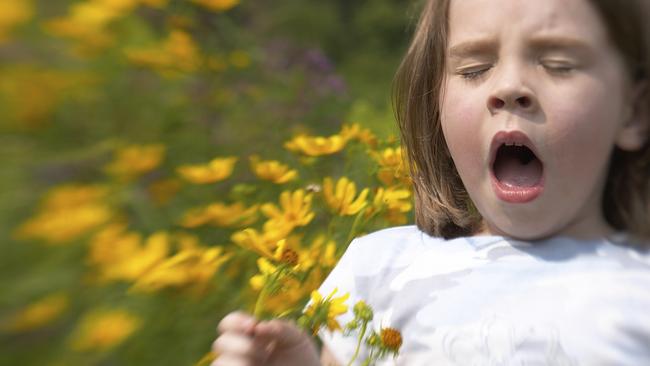
Mosman
Don't miss out on the headlines from Mosman. Followed categories will be added to My News.
- The man with the plastic gun
- The $7.5m view no one can use
- A snippet of life — 50 years as a barber
- Thongs are wrong — sparkly sandals are it
- Cops warn of illegal park party danger
- Sculptures on display at Sawmillers
- Mosman actor takes on Broadway
HAYFEVER and asthma sufferers have been advised to take extra care this spring, after Sydney’s wettest winter since 2007 has encouraged allergy-inducing plants to flourish.
Royal North Shore Hospital immunologist Suran Fernando said the spring pollen season was expected to be the worst in years.
The head of the Department of Clinical Immunology and Allergy said pollen allergy sufferers’ symptoms in early spring were generally caused by the release of tree pollens such as birch, cypress and London Plane trees.
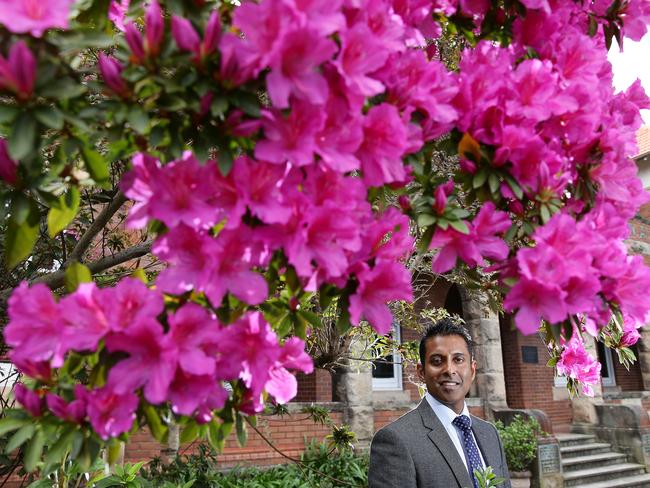
“Grasses such as rye, couch and paspalum release their pollens in mid-spring to early summer,” he said.
“Weeds such as ragweed, pellitory (prevalent on the north shore) and parthenium can release pollens during autumn.”
Professor Fernando said the prevalence of pollen-related hayfever was higher in children and adolescents and there was a strong link between asthma and pollen-induced hayfever in schoolchildren.
He also warned that an increase in volatile weather patterns brought on by climate change might cause greater suffering for allergy patients in future.
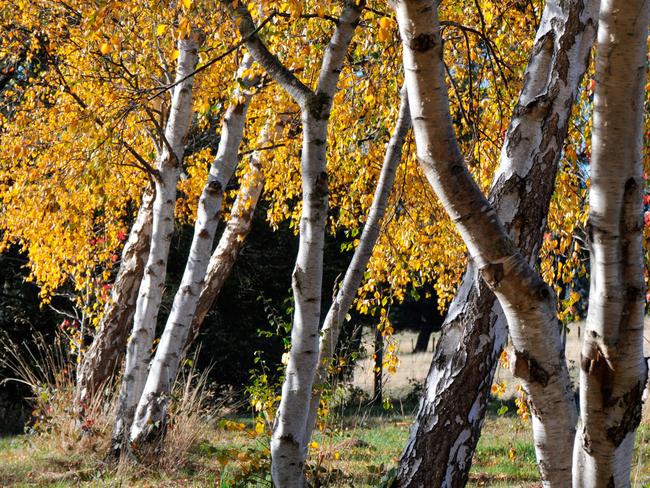
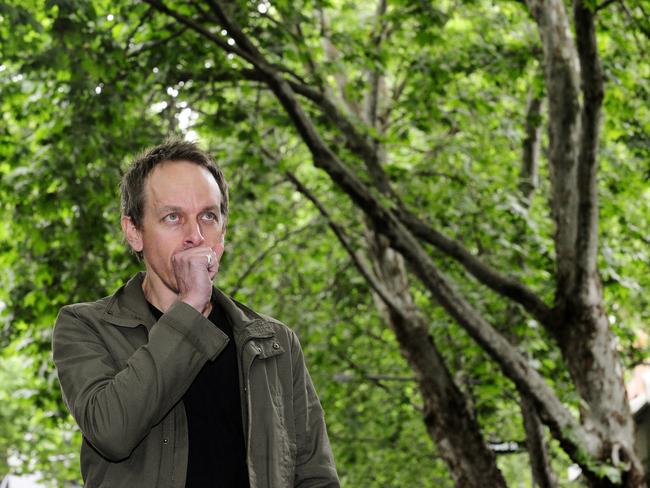
Prof Fernando said factors such as increasing carbon dioxide and temperature might be causing earlier, increased, and prolonged production of pollens such as ragweed and birch.
“Overseas studies have shown a link between climate change and increased pollen allergy,” he said.
“There are Australian studies pending and I expect them to come up with similar results.
“We are already very familiar with what’s known as thunderstorm asthma because when there is a thunderstorm certain hospital emergency departments are flooded with asthma sufferers.
“This is because thunderstorms cause pollen to break up into even smaller particles which then enter the tiniest of airways; airways which are ordinarily too small to be penetrated by pollen.
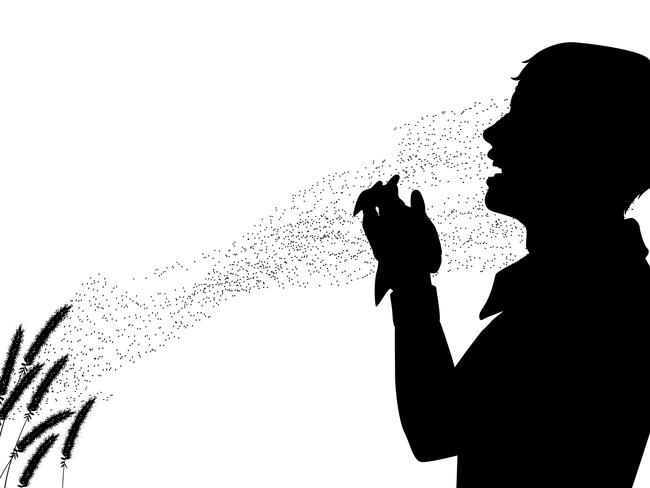
“Mugwort, nettle and Japanese cedar have been shown in recent overseas studies to have an earlier onset to their pollen seasons and this might be linked to the effect of climate change.”
Prof Fernando suggested that allergy sufferers could reduce their pollen exposure by checking online pollen predictors, such as sydneypollen.com.au, avoiding mowing lawns and grass, and staying indoors with windows shut during windy weather, after thunderstorms and on high pollen count days.
He said seasonal hayfever and asthma sufferers concerned about managing their symptoms or who have experienced an increase in symptoms should see their doctor.


